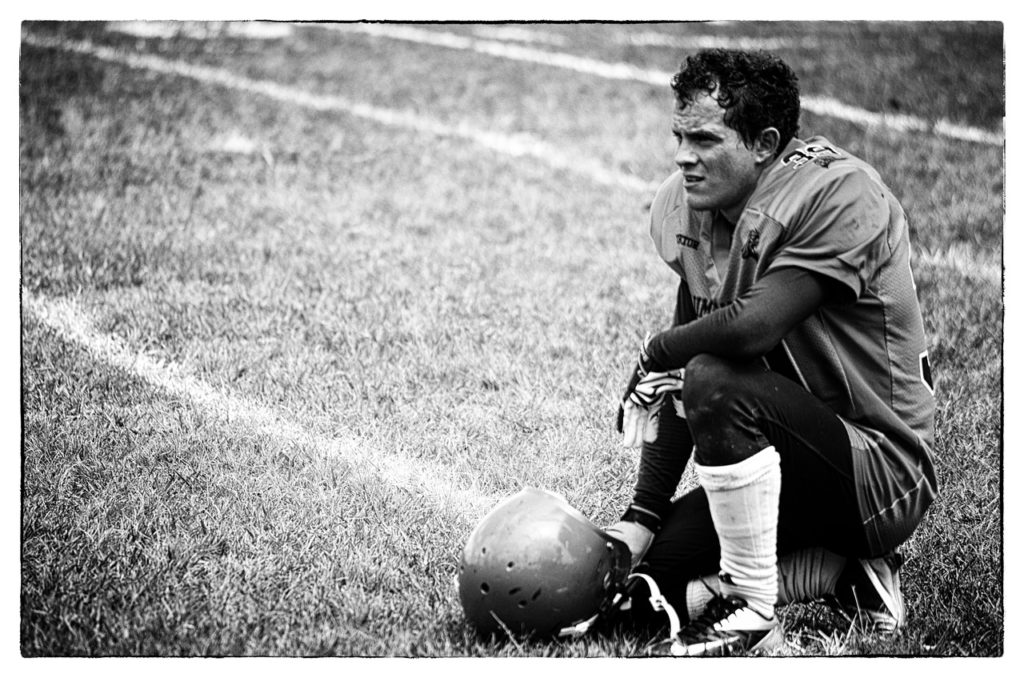In her terrific book on creativity, Big Magic, Elizabeth Gilbert recounts a story about Mike Nichols, who is the prolific director behind many classics including The Graduate (plastics, anyone?).
Although people tend to remember Nichols’s hits, many of his films were flops. Some of the flops would appear from time to time—as flops do—on late-night television. Whenever Nichols would come across one of these failures late at night, he’d grab a bucket of proverbial popcorn, park himself on his couch, and watch the whole thing from start to finish.
As he sat and watched, what’s important is what he would not do. He would not cringe. He would not look away. He would not blame the damn critics for getting it wrong.
He’d simply watch and think, “That’s so interesting, how that scene didn’t work out.” Not I’m a loser. Not This is awful. Not What a complete embarrassment. Instead, with no judgement, he’d ponder, “Isn’t it funny how sometimes things work and other times they don’t?”
In Nichols’s approach is the antidote to failure: Curiosity. To paraphrase Elizabeth Gilbert, curiosity takes an awful outcome, turns the volume of the drama all the way down, and makes it interesting. It provides emotional distance, perspective, and an opportunity to view things through a different lens.
When we shun curiosity and react to failure with shame or anger, two things happen. First, we forego a learning opportunity. You can’t do much learning when you’re busy berating yourself or shaking your fist at the clouds. Second, when we overreact to failure, we empower it. Failure starts downing energy drinks and doing pull-ups and roars back the next time stronger than ever.
In the book, The Art of Possibility, Ros and Ben Zander offer a practical method for disempowering failure through curiosity. Every time you make a mistake, every time you fail at something, they urge you to throw your arms in the air and say “How fascinating!”
Fair warning: If you’re anything like me, you’ll grumble when you first do this. As you try to put your arms in the air, they’ll go up ever so slowly—as if you’re doing an imaginary bench press with really, really heavy weights. And the phrase “How fascinating!” will sound more petulant than joyous.
That’s okay. Do it anyway. As you bask in the glory of your fascination, start asking some questions. What if this failure was actually good for me? What can I learn from this? How can I treat this crisis as training for the next one?
If you need inspiration, just picture Mike Nichols, sitting on his couch—not complaining about how the Gods have turned on him by broadcasting his biggest failures on cable television for the world to see—but smiling, nodding, and knowing that watching this failure with curiosity means he’ll do better the next time.



